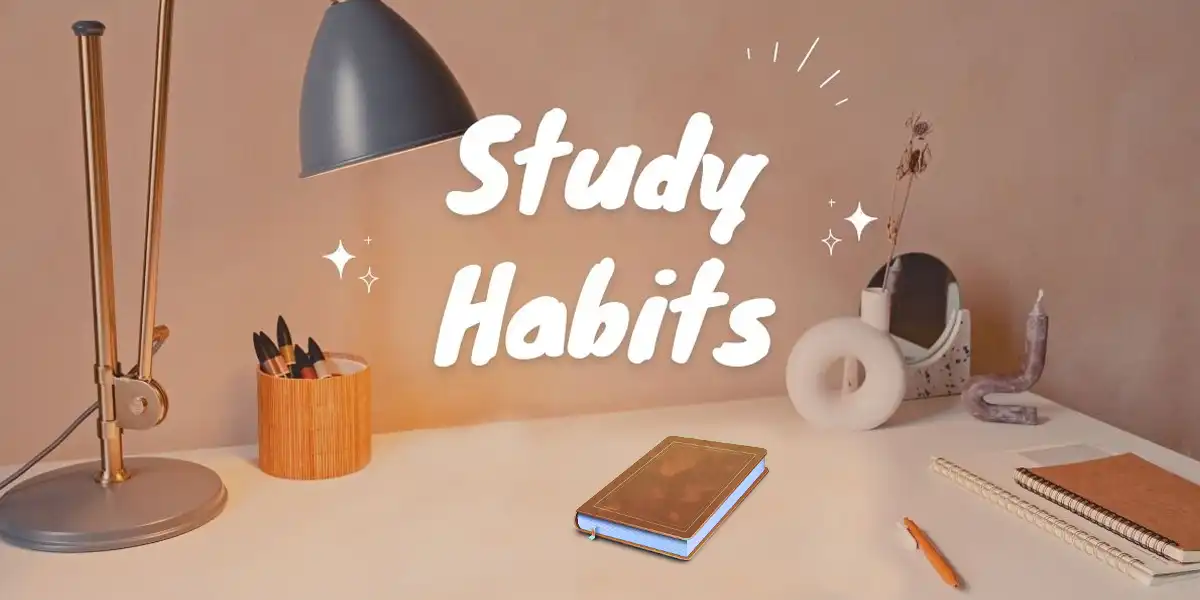
How Can I study My Brain Fast?
Jun 27, 2023 | 4 Min Read
Studying efficiently is a desirable skill that can greatly enhance learning outcomes. Adopting effective strategies and optimizing your brain's capacity can improve your ability to learn faster and retain information more effectively. Here are some fundamental techniques to help you maximize your brain's study potential.
Set Clear Goals: Establishing clear and specific study goals helps your brain focus and prioritize information. Clearly define your goals in each study session and break down complex tasks into smaller, manageable chunks. This approach enhances motivation and enables your brain to concentrate more effectively.
Active Learning: Engage in active learning techniques that involve hands-on participation, such as summarizing concepts in your own words, solving practice problems, teaching others, and providing “pay someone to take my exam” assistance to others. Active learning stimulates critical thinking, enhances comprehension, and facilitates long-term memory formation.
Time Management: Efficient time management is crucial for effective studying. Create a study schedule incorporating regular breaks and matching your peak cognitive periods. Short, focused study sessions interspersed with brief rest intervals can prevent mental fatigue and maintain optimal brain functioning.
Utilize Multisensory Learning: Use your senses to their full potential in order to retain and comprehend what you learn. Create a learning environment by combining visual resources like diagrams, graphs, and charts with auditory materials such as podcasts, audio recordings and lectures. By engaging multiple regions of the brain, this method increases the likelihood that the material will be retained.
Practice Retrieval:Regularly testing your knowledge by practicing retrieval enhances information recall and strengthens memory. Utilize flashcards, quizzes, or verbal self-testing to reinforce critical concepts. Retrieval practice helps your brain consolidate information and improves your recall ability.
Optimize Environment: Create an optimal study environment that minimizes distractions and maximizes focus. Find a quiet place free from interruptions, ensure good lighting, and maintain a comfortable temperature. Your brain functions best when it can concentrate without unnecessary disturbances.
Get Sufficient Sleep: Memory retention and knowledge consolidation are greatly aided by getting enough sleep. The brain analyzes and stores knowledge as you sleep, making the next day's memory easier.
Stay Physically Active: Engaging in regular exercise, it will help you to boost healthy brain function and increases blood flow, oxygenation, and the release of neurotransmitters that enhance cognitive abilities. Include moderate exercise in your routine to enhance mental sharpness and improve overall study performance.
Conclusion: By implementing these techniques, you can utilize the full potential of your brain for faster and more efficient studying. Set clear goals, actively engage with the material, manage your time effectively, create a conducive study environment, and prioritize your physical and mental well-being. By maximizing brain efficiency, you can accelerate the learning process, absorb information more effectively, and excel in your academic pursuits.
Related Blogs

Pay Someone to Take My Exam

Why do I take an exam?

Is test anxiety real?

Does test anxiety affect IQ?

Why Do I Fake Anxiety?

Why Do I Fear Tests?

What Is Exam Anxiety?

Can Test Anxiety Make You Fail?

How do I stop my exam phobia?

Why Am I So Bad At Taking Tests?

How Do You Take An Exam?

How Can I Focus 100 On Studying?

How Can I Study 10x Faster?

How Can I Study 1 Hour With Concentration?

What Is The Best Time To Study?

How To Study Fast?

How Can I Study Faster And Smarter?

How Can I Study Fast Without Forgetting?

How Can I study My Brain Fast?

How To Study Better?

What Are The Five Successful Study Habits?

How Can I Study In Difficult Time?